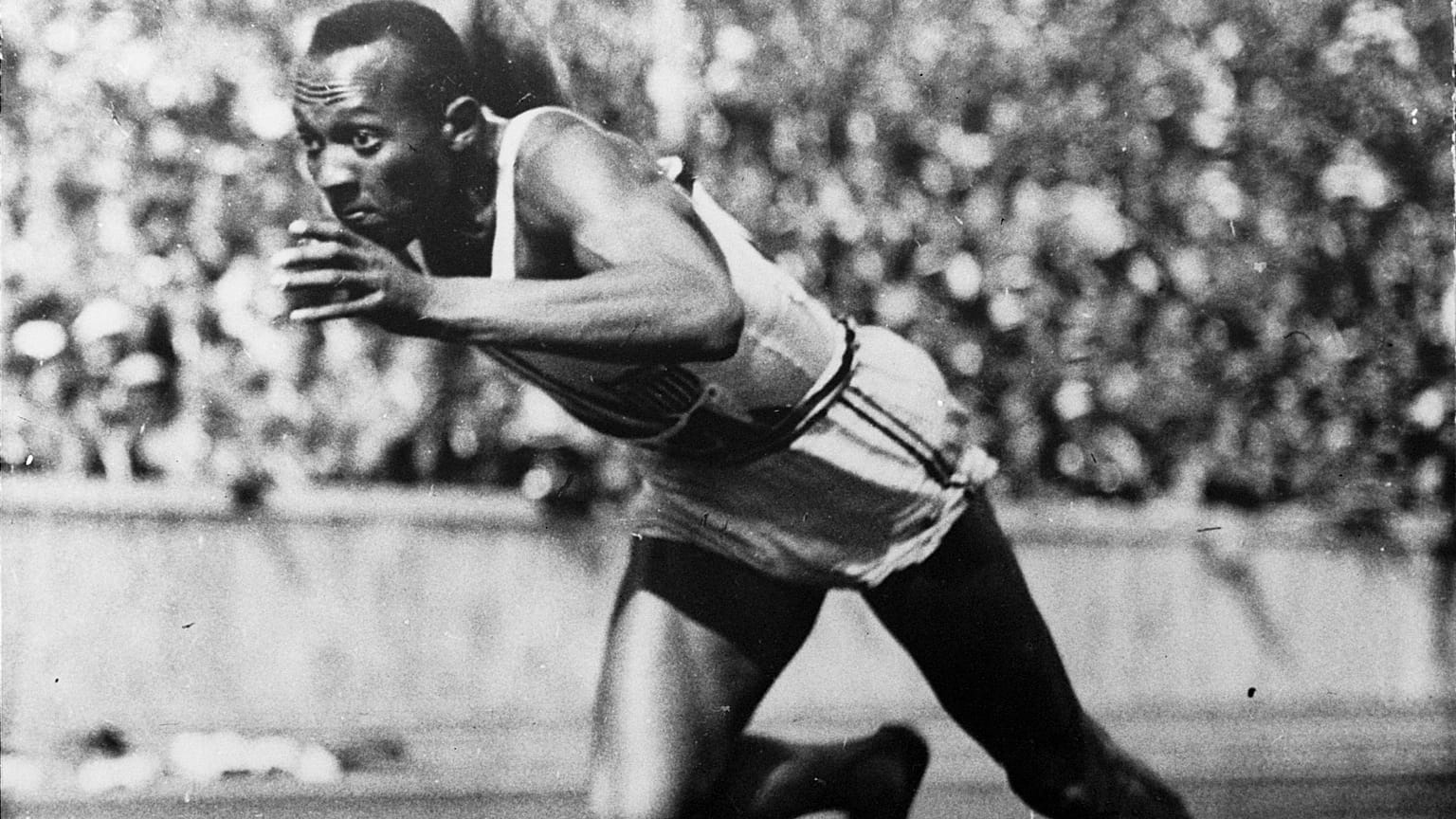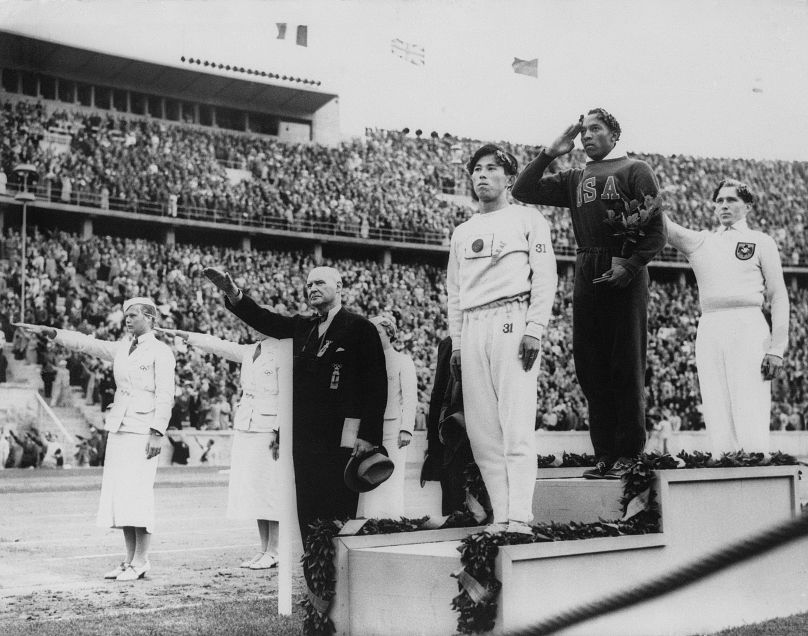3 August 1936: Jesse Owens wins an Olympic medal and ruins Hitler’s day.
Jesse Owens was born in Oakville, Alabama in 1913. By the 1936 Olympic Games, he was already one of the US’s most impressive athletes. He’d won an unprecedented four gold medals two years in the NCAA championships and had set four different world records in track and field in a 45-minute period on 25 May 1935.
 ADVERTISEMENT
ADVERTISEMENT
 ADVERTISEMENT
ADVERTISEMENT
But it was at the 1936 Olympic Games that Owens put himself in the history books forever.
If you didn’t already know, the 1936 Games took place in Berlin during the Nazi regime.
Adolf Hitler wanted to use the games as an opportunity to promote the Nazi ideology across the world. Jewish German athletes were banned from entering the games. Hitler hoped that Germany would put on a show of Aryian prowess, proving to the world the strength of the White race.
As a Black American, Owens clearly didn’t fit into Hitler’s image of a Third Reich that would rule the world for a thousand years. He’d even questioned whether the US should participate in an Olympics in a country where minorities were being discriminated against.
Owens went to the Olympics anyway and was greeted by masses of German fans. Clearly the message of racial hatred hadn’t permeated entirely through Germany.
If Hitler wanted to witness all non-White and non-German athletes trounced, he was in for a rude awakening when it came time for Owens to hit the track. Already a phenomenon, Owens’ greatest performance was at the Olympics.
First on this day in 1936, Owens won gold in the 100m dash with a time of 10.3 seconds. The next day, he won the long jump. The day after that he won the 200m sprint. Four days later, Owens won his fourth and final gold medal as part of the 4x100m sprint relay team. At the time, four gold medals in a game was a record in itself.
Hitler wasn’t best pleased.
He’d already refused to shake the hands of any athletes that weren’t German.
After Olympics Committee president Henri de Baillet-Latour insisted that Hitler shake the hands with victors from all countries or none, Hitler objected to shaking anyone’s hand.
It’s been widely reported that Hitler snubbed Owens. However, by Owens’ own account, Hitler did wave at Owens to acknowledge his achievement. Still, the most stark image of the whole Olympics is Owens stood atop winners podium, his hand to his head saluting the US flag as those around him stretch their arms out in salute to Hitler.
Owens’ legacy is one of destroying what was meant to be a crowning moment in Hitler’s propaganda machine. In an Olympics entirely devoted to celebrating the ability of the Aryan race, a Black man from America showed up all of Hitler’s White Germans.
For Owens though, the power of his achievement was marred by the country he returned to. The US was a segregated country. During his time in Europe, he’d been allowed to stay in hotels with White athletes, a level of equality not available to him at home.
Owens continued to face racism throughout his life. Despite his achievements, President Franklin D. Roosevelt never invited him to the White House.
“Hitler didn't snub me — it was our president who snubbed me. The president didn't even send me a telegram,” Owens once told a crowd.


















